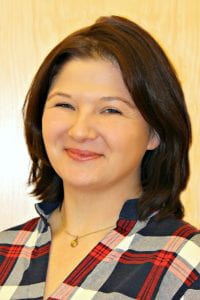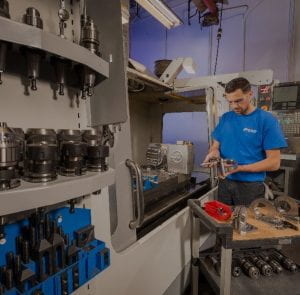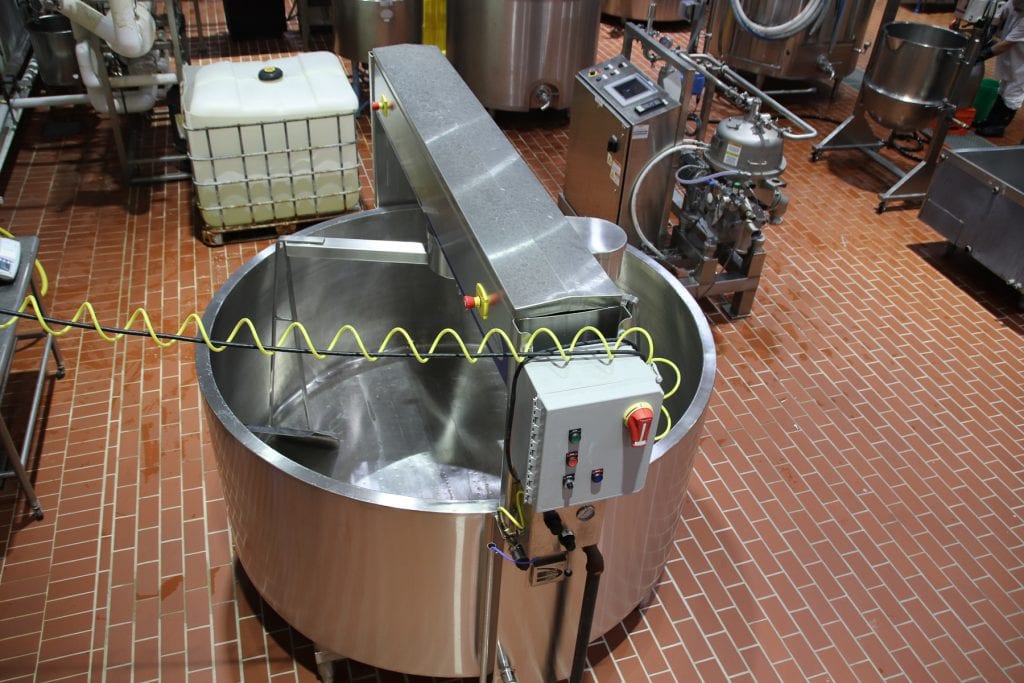The Cornell Dairy Foods Extension Program focuses on supporting the production of safe quality dairy products with specific expertise in microbial spoilage and food safety issues. Our program offers an extensive set of workshops that lead to certificates in fluid milk production, cheese production, membrane filtration and separation, and production of yogurt and fermented dairy products.
Many of our course offerings are available both on-campus for a mixed classroom experience allowing participants to network with others in the dairy industry, as well as on-site for a more plant-specific training experience. Both types of courses allow participants to concentrate on specific topics pertinent to the industry with case studies and exercises designed to apply knowledge. Core courses within our program are offered in a multi-modal format, with 4-6 hours of on-line lecture-based content allowing for more a more hands-on focused campus experience.
To further meet the food industry needs, multiple courses focusing on Preventive Controls for Human Food Qualified Individual will continue to be offered in 2020. This course is also available as an on-site training for your workforce.
New courses being offered in 2020 include Sensory Immersive Experience: In Dairy Foods and Lab Practices. Courses returning the training schedule are The Science of Cheese-Advanced Level, Pathogen Environmental Monitoring, and Membrane Filtration, Drying, and Evaporation.
The 2020 training calendar is available on the Dairy Extension website and includes trainings delivered in Ithaca as well as partner courses. Registrations will open in December 2019. A course catalogue with detailed descriptions of our Dairy Foods Certificate Program and the associated coursework will be available in January 2020.
Current Certificate Program enrollees may verify their course progress with Program Coordinator, Louise Felker via email at lmf226@cornell.edu. Dairy Extension course credits may also be applied to in-plant Continuing Education programs.



